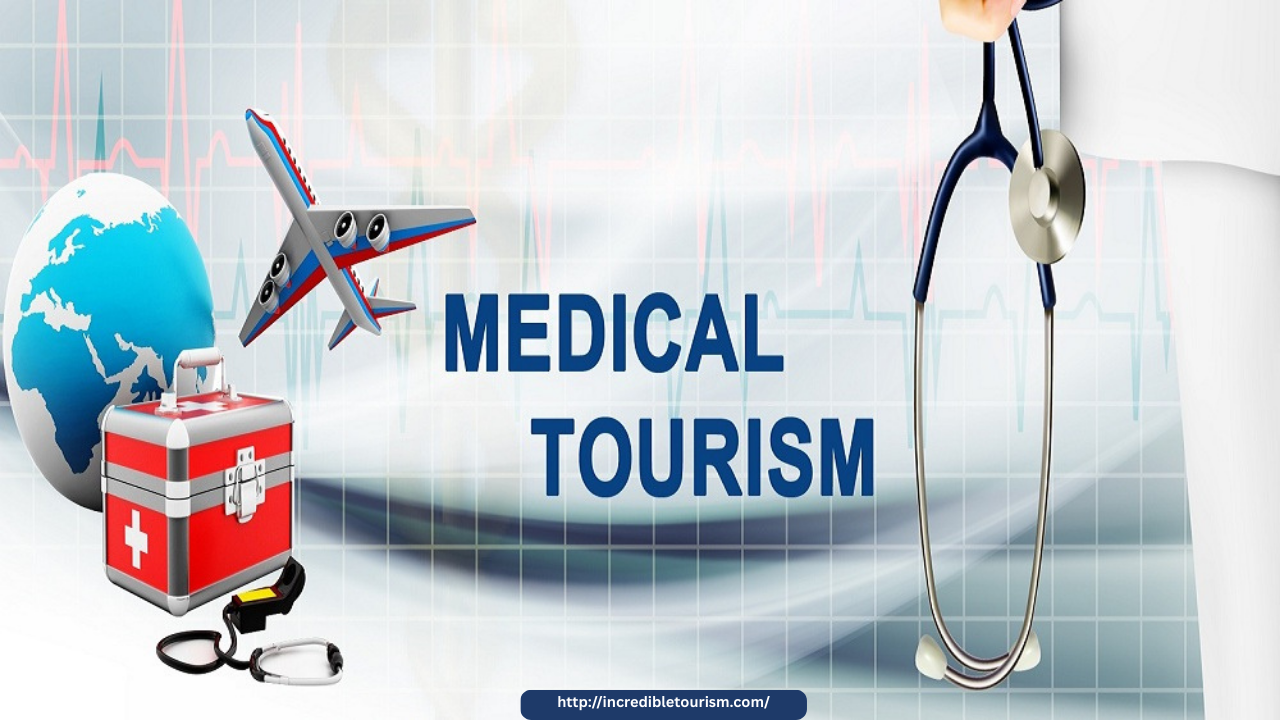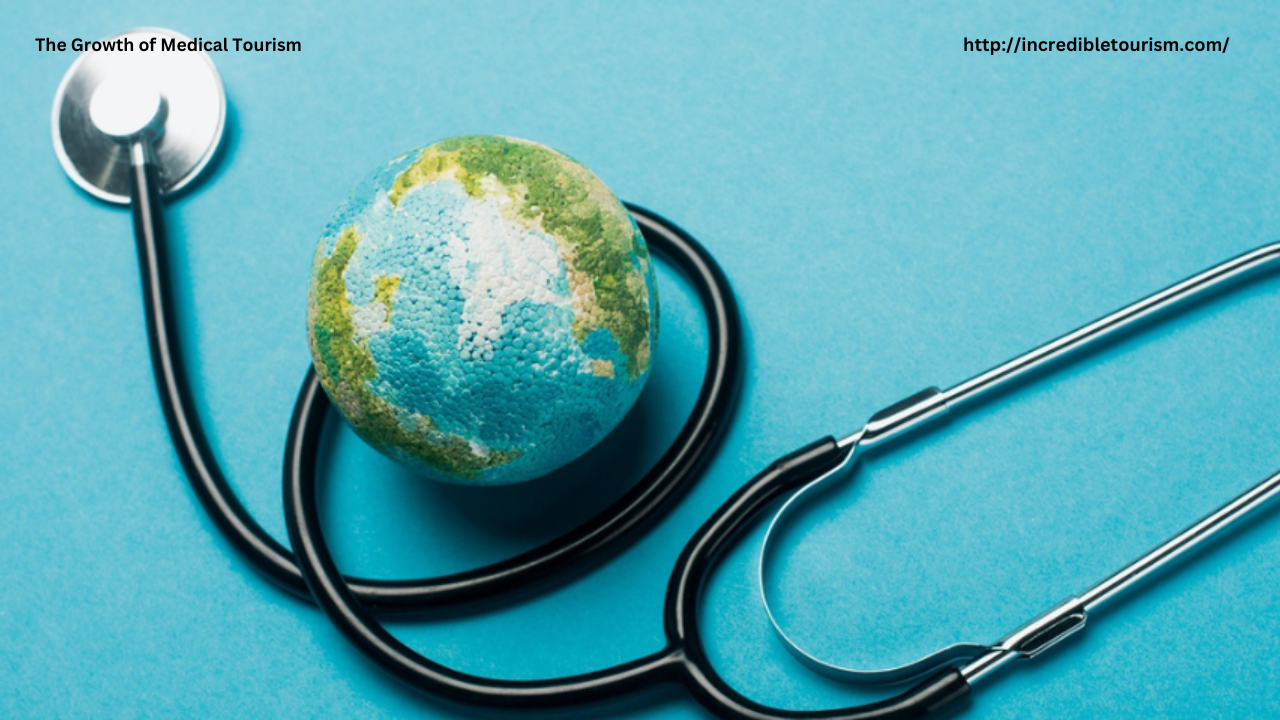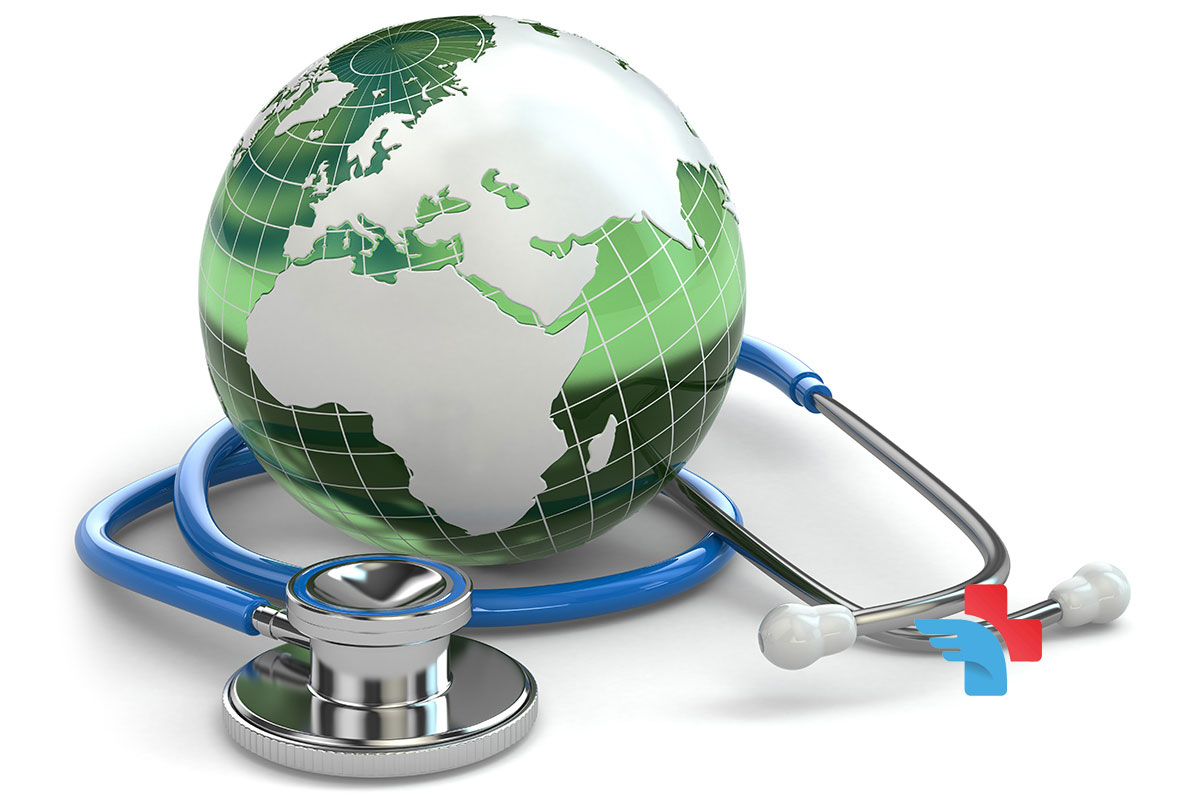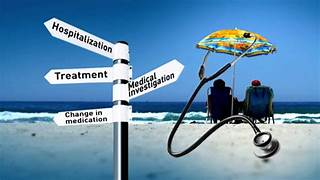
As modern life becomes increasingly stressful and conventional medicine continues to rise in cost, more individuals are turning to alternative and holistic healing to restore their health and well-being. From ancient herbal therapies to modern integrative wellness retreats, the global demand for holistic treatments is surging. What’s more, people are traveling across borders to find these healing experiences in places that combine tradition, nature, and science. Welcome to the era of wellness without borders.
The Rise of Holistic Health Tourism
Holistic healing focuses on treating the mind, body, and spirit as one interconnected system. Unlike conventional medicine, which often targets symptoms, alternative therapies aim to address the root causes of imbalance—be it physical, emotional, or spiritual. Countries with rich traditions in natural medicine and spiritual practices have emerged as global wellness hubs, drawing health-conscious travelers from around the world.
Here are some of the top destinations for those seeking alternative and holistic healing:
1. India – The Birthplace of Ayurveda and Yoga
India remains a global leader in holistic healing, thanks to its 5,000-year-old Ayurvedic tradition and spiritual yoga culture. Kerala, in particular, is renowned for authentic Ayurvedic retreats that offer personalized detox programs, herbal treatments, meditation, and daily yoga sessions. Cities like Rishikesh and Goa also host spiritual centers that blend Eastern wisdom with modern wellness science.
2. Thailand – A Blend of Nature and Healing Arts
Thailand is not only famous for its tropical beauty but also its centuries-old healing traditions. Thai massage, herbal medicine, and meditation are core components of wellness offerings. Chiang Mai and Koh Samui are popular wellness destinations, with luxury spas and detox resorts offering programs that combine nutrition, mindfulness, and physical therapy in serene natural settings.
3. Bali, Indonesia – The Island of Healing Energy
Bali has earned its reputation as a sanctuary for those seeking spiritual and physical rejuvenation. The island is dotted with healing centers, yoga ashrams, and detox retreats that use Balinese therapies, energy work, herbal remedies, and sound healing. Ubud, Bali’s cultural heart, is especially popular among holistic wellness travelers for its peaceful atmosphere and community of healers.
4. Costa Rica – Nature-Based Healing and Eco-Wellness
Costa Rica’s lush rainforests and dedication to sustainability make it an ideal spot for eco-conscious healing. Wellness retreats here often incorporate outdoor activities like forest bathing, surfing, and hiking with nutrition counseling, breathwork, and energy therapies. Many resorts offer plant medicine ceremonies and integrative treatments to help restore emotional balance and vitality.
5. Peru – Sacred Rituals and Shamanic Healing
For those drawn to indigenous and spiritual healing practices, Peru offers a powerful experience rooted in Andean and Amazonian traditions. Sacred plant ceremonies like Ayahuasca, guided by experienced shamans, are increasingly sought by individuals looking for emotional breakthroughs and deep spiritual connection. Cusco and the Sacred Valley are central to these transformative journeys.
Final Thoughts
As the demand for whole-body healing grows, wellness tourism continues to thrive in destinations that honor ancient traditions and natural therapies. Whether you’re seeking physical detox, emotional healing, or spiritual growth, the world offers abundant opportunities to reconnect with yourself and find wellness—without borders. All it takes is an open heart, a passport, and a willingness to explore the path less traveled.








